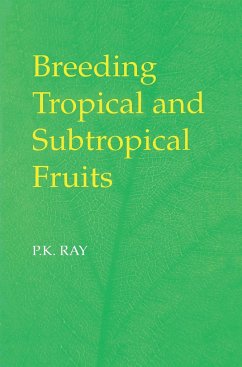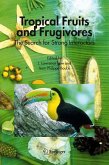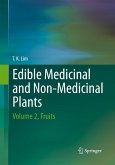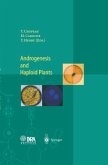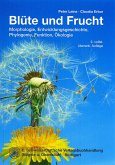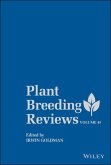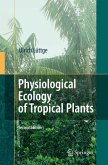Plant breeding has undergone a period of very rapid and significant development in recent years and the area of fruit breeding is no exception. This book provides a balanced, up-to-date and comprehensive account of the developments in the field of breeding tropical and subtropical fruits. It offers not only the theoretical and applied aspects of breedings fruits but also provides an authoritative manual of the conventional and new techniques used for increasing efficiency of crop improvement programmes. In specific chapters the book deals with crop taxonomy, genetic resources, floral biology, breeding objectives, inheritance patterns and information on new improved cultivars/hybrids.
Hinweis: Dieser Artikel kann nur an eine deutsche Lieferadresse ausgeliefert werden.
Hinweis: Dieser Artikel kann nur an eine deutsche Lieferadresse ausgeliefert werden.
From the reviews:
"The authors consider breeding high yielding cultivars as an important measure to boost productivity. ... This book is aimed at undergraduate and graduate students of pomology, horticulture and agriculture but also addresses fruit scientists, teachers ... . This book presents an up-to-date review of the breeding work on 20 main crops and describes the skills necessary for carrying out cultivar improvement programmes for these fruits. Each chapter dealing with a fruit crop is supported by a comprehensive list of references ... ." (S. Biricolti, Advances in Horticultural Science, Issue 2, 2003)
"The authors consider breeding high yielding cultivars as an important measure to boost productivity. ... This book is aimed at undergraduate and graduate students of pomology, horticulture and agriculture but also addresses fruit scientists, teachers ... . This book presents an up-to-date review of the breeding work on 20 main crops and describes the skills necessary for carrying out cultivar improvement programmes for these fruits. Each chapter dealing with a fruit crop is supported by a comprehensive list of references ... ." (S. Biricolti, Advances in Horticultural Science, Issue 2, 2003)

